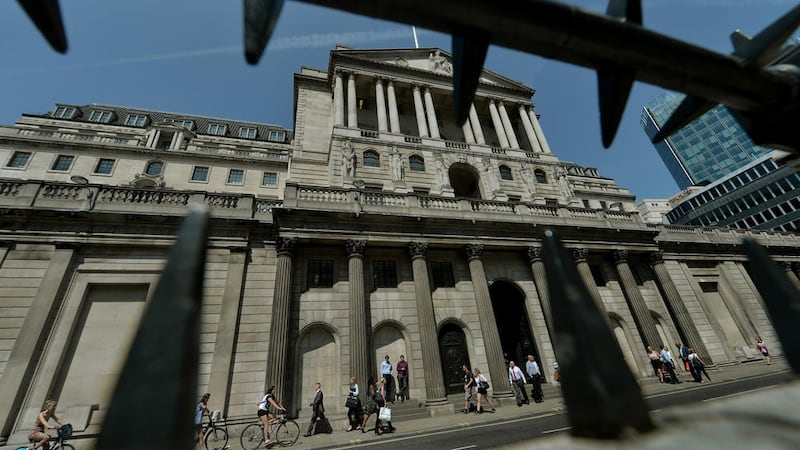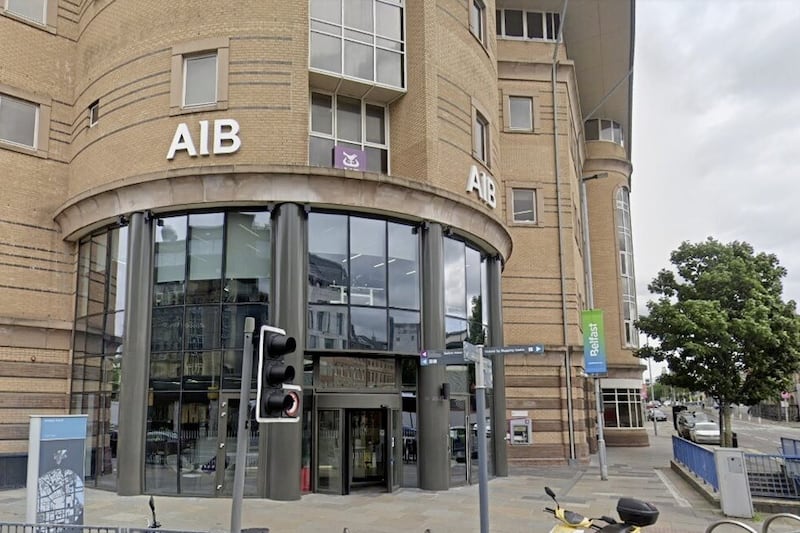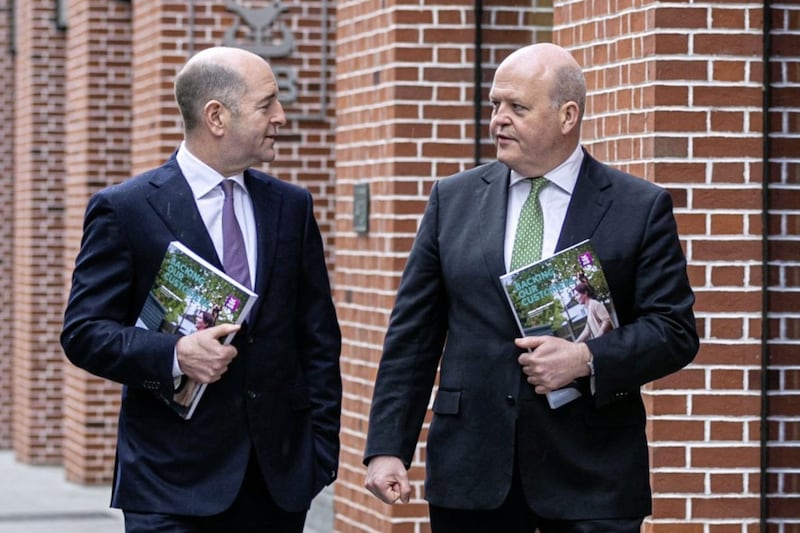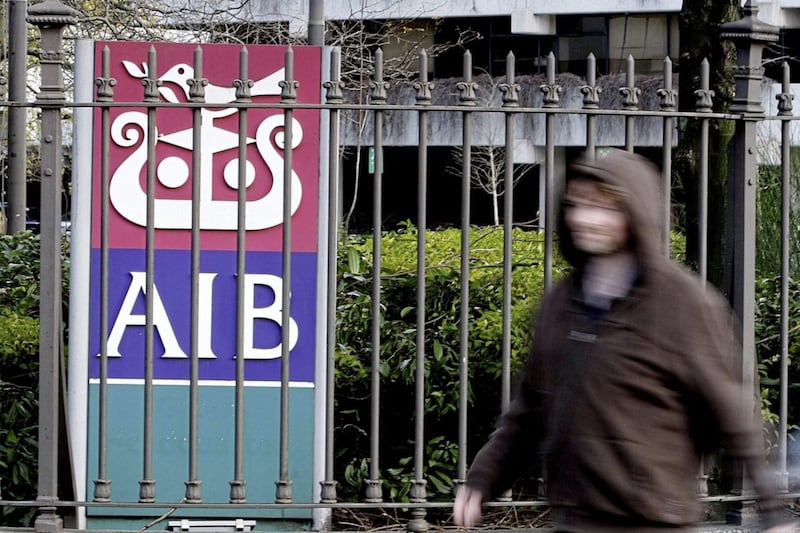It has been an interesting and busy week on the markets with volatility being the dominant feature. The markets are still digesting last Thursday’s UK election result and the unexpected overall majority for the Conservatives.
While the pound has reacted positively to the news that a clear majority has been delivered, there remains some caution on the fortunes of the pound in the medium term.
Prior to the election result the markets had expressed concern around no party securing a majority, which could have led to weeks of negotiations before a coalition government could be formed and leave sterling vulnerable in the political void.
But while the upheaval of setting up a coalition has been avoided, many are now anticipating political and constitutional challenges that have the potential to inflict damage on the UK economy.
David Cameron has pledged to hold a referendum on membership of the EU within two years, while the Scottish National Party's election landslide may hasten another vote on independence – both issues have probably curtailed the pound, but a push back above €1.40 is on balance a distinct possibility.
Sterling has also strengthened this week to a near two-month high against the dollar. As expected the Bank of England’s monetary policy committee left interest rates on hold at the record low of 0.5 per cent. It issued no statement but Governor Mark Carney is due to give a quarterly update on forecasts for growth and inflation tomorrow within the May ‘Quarterly Inflation Report’ (QIR).
Data-wise, the UK schedule is dominated by labour market releases. The BoE has stressed the importance of developments in the domestic economy and, in particular, wages and prices in determining the path of future inflation. In that regard, the pace of earnings growth (ex-bonus) in Q1 is expected to accelerate to 2.1 per cent year on-year, its best rate since mid 2011. The unemployment rate is forecast to have fallen to a fresh 6½-year low of 5.5 per cent in Q1.
In the eurozone, we get a first estimate of first quarter GDP, with the pace of growth forecast to have increased from 0.3 to 0.5 per cent, reflecting some firmer data in recent months.








